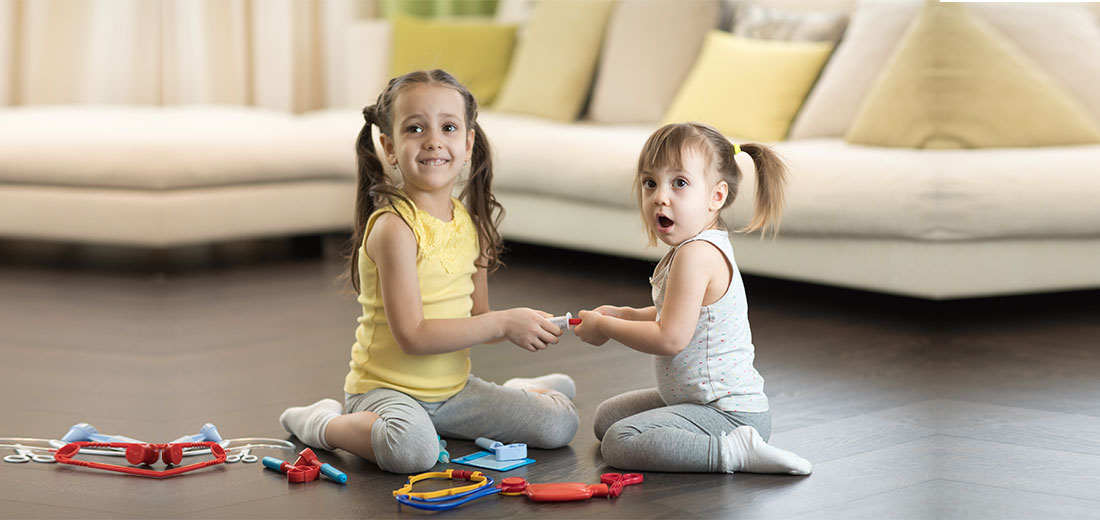Sharing is one of the important lessons that a parent can pass on to their children. Sharing is partly driven by empathy and this is a critical emotion that children need to develop as early as possible, in fact from when they are infants. Children who do not learn these skills early enough struggle as adults because it is very difficult to work in teams (or even develop social relationships) without the ability to empathize and learn to share with other people.
As a parent looking to pass on these skills to your child, here are somethings that you could do to help your children develop their sharing skills and learn how to help people around them.
Socializing Helps
When a pre-schooler or a toddler is allowed to interact with other children, they are compelled to develop social skills which makes sharing significantly easier. Toddlers quickly realize that other kids have things that they want and sharing their possessions is one way that they can all get to enjoy everything on offer. This ability to ‘transact’ in a social context would be almost impossible to teach a child at home. However, in a play setting, or when working in a group, the toddler quickly picks up these skills.
Be a Real-Life Example
Toddlers learn often by mimicking what they see their parents doing. When you begin to share things with your pre-schooler, they quickly learn that this is a desirable thing to do. There are many things that you can share with a child of that age. For example, you can make a point to occasionally bring some treats for your child. Sharing can even include space on the couch if the pre-schooler wants to sit next to you.
Make Sharing a Game
Children learn through play and you can use this powerful tool to teach your child how to share items with other people. You can use a simple game such as taking turns to toss or roll a ball. Make your that the child understands that they get to take ‘turns’ with the ball. They have their turn and you have your turn too. Say it a loudly every time you pass the ball or the child rolls the ball to you. Later, you can expand this game to include several other children which helps your child understand that sharing can happen between two people or more.
Use Stories
When you read to your pre-schooler, make a point to bring out elements of sharing in each story that you read. You could ask the child to describe how sharing would have impacted the story or a character in the story. By doing this, you help the pre-schooler to understand that sharing impacts people’s lives positively.
Use Food
Eating a major part of a child’s life and in fact, most children are often reluctant to share edible items such as candy or ice-cream. For this reason, food is one of the ideal items to help you develop sharing skills with your child. Just like the play activity described above, you can get your child to help you set the table and have them put various food items on each plate (distribute some of the food items). This way, the child learns some simple math skills and at the same time internalizes the idea of sharing food items with the rest of the family.




